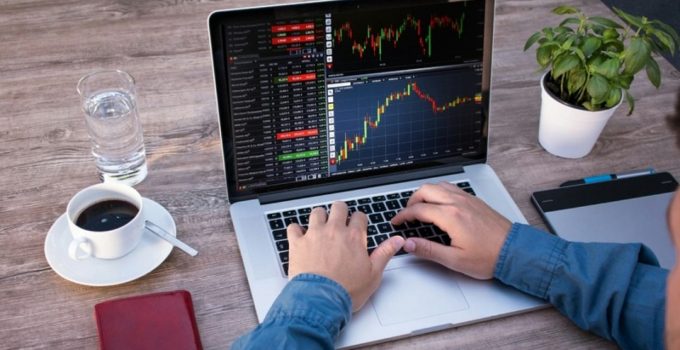Every day brings a new opportunity for investors. Some traders wait in anticipation of the opening of the market, while others make their moves early with futures contracts.
Regardless of the way you buy and sell stocks, it’s likely that your decision is the result of a variety of factors. You’re likely familiar with the way supply and demand can affect stock prices, but that’s just the tip of the iceberg.
To make the smartest decision with your money, it’s helpful to understand daily trades factors. Read about these factors below.
Factors That Influence the Market
The decisions investors make every day are the product of a variety of factors that sway the market. From trade policies and factor endowments to futures data and company performance, you’ll want to pay attention to what’s going on. Learn more about these factors that impact trading so you can make a smart investment.
1. Factor Endowments
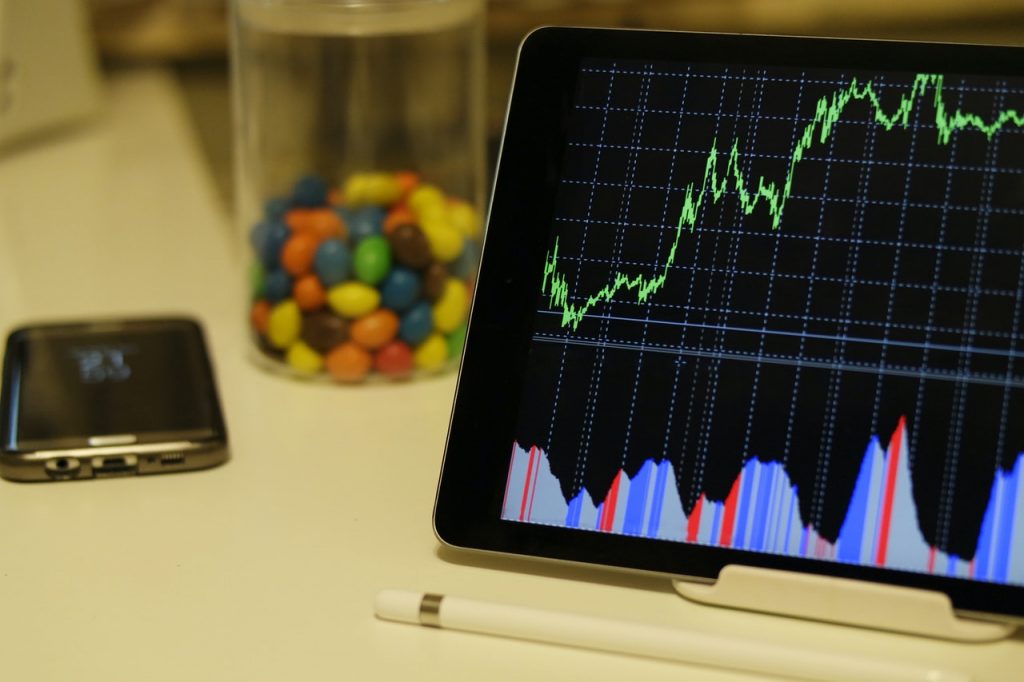
Source: pexels.com
A factor endowment is the amount of land, labor, capital, and entrepreneurship that a country has. A good example of a factor endowment is oil. Countries with a diverse set of factor endowments can produce more goods than countries with small endowments.
So, how are these daily trades factors? Well, when one country has a particular factor endowment that they’re able to produce at a lower opportunity cost, they have the upper hand in trading value.
Knowing which countries have the advantage in producing or specializing in certain goods influences your decision on where to invest. You’ll likely go with a company in a country that specializes in a particular good because you know they’re more likely to produce a profit.
2. Trade Policies
It’s no secret that a government’s trade policies influence trades. Trade policies can include increased or decreased interest rates, which have a major effect on financial markets. It’s one of the ways a government can speed or slow the growth within a country.
When you’re deciding what or where to invest your money, be aware of any news regarding the economy. For example, if you know the US federal reserve is about to drop major news regarding trading, it may be best to hold your investments until the announcement comes out.
3. Exchange Rates, Foreign Currency Reserves, and Inflation
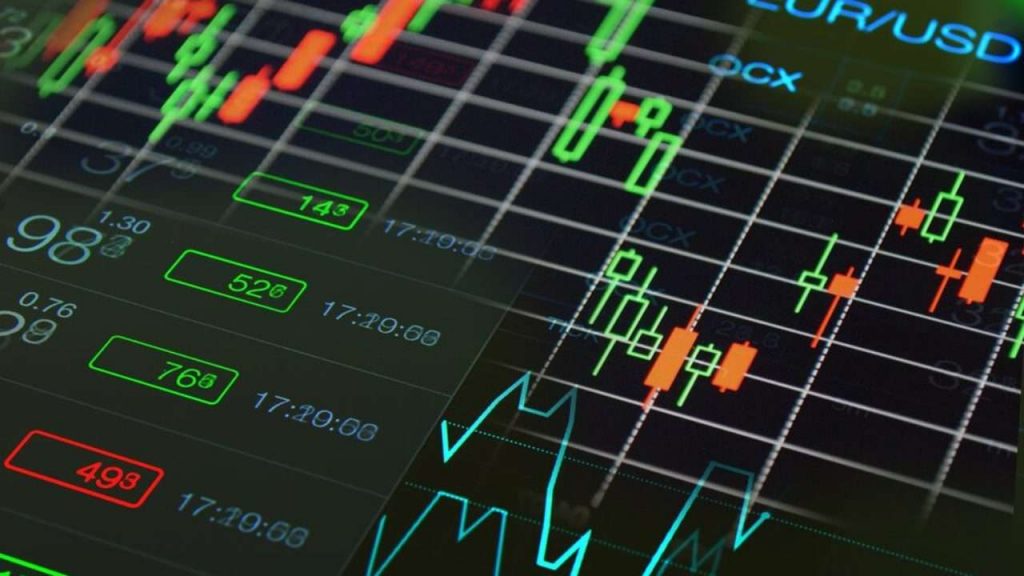
Source: learn2.trade
As you’d expect, exchange rates, foreign currency reserves, and inflation rates all influence trading. However, their effect on daily trading is hard to measure because these factors tend to reflect long-term changes.
For example, unfavorable exchange rates can drive up the cost of doing business overseas. If costs go up, the price of your stock may begin to fluctuate. Nothing drives investors away from companies quite like fluctuating prices.
Similarly, if two countries that do not use the same currency are trading, the one with more money leaving has the weaker currency.
On the other hand, the country taking in money has stronger currency and can use this to stimulate their own markets. Investors are more reluctant to invest in a country where the currency is weak.
4. Company and Industry Performance
At the top of just about any investor’s checklist is a company and industry’s performance. Investors will typically pay attention to reports and estimations.
You should also look out for mergers, acquisitions, new product/service announcements. Even rumors of these kinds of announcements can have quite the effect on stock prices.
But other factors such as scandals, changes in leadership, and layoffs can all influence investor decisions. These factors may not show up directly on reports, but they certainly impact how a company or industry performs.
5. Politics

Source: lerablog.org
Who doesn’t love a little politics in trading? Most investors. However, politicians get large amounts of campaign funding from just a few individuals within major industries.
That explains why election season brings such volatility to the market. Investors wait anxiously for what the next administration’s policies will be.
As discussed in the above section, even foreign politics and policies affect the US stock market. New administrations in foreign countries may change trade policies, which will likely influence your decision to invest.
6. Demand and Supply
If you ever took an economics class or watched a stock investment tutorial, you’ve likely run into the concept of supply and demand.
Supply and demand are among the most important daily trade factors. When a good is in demand, but the supply is low or shrinks, the price of the good goes up. However, if the supply outpaces demand, the price will fall. A steady supply will cause prices to rise and fall with demand.
If a supply is under threat of drying up, current prices will force investors to buy at increasingly higher rates. While a large group of sellers entering the market would increase supply and drive prices down.
7. Futures Data
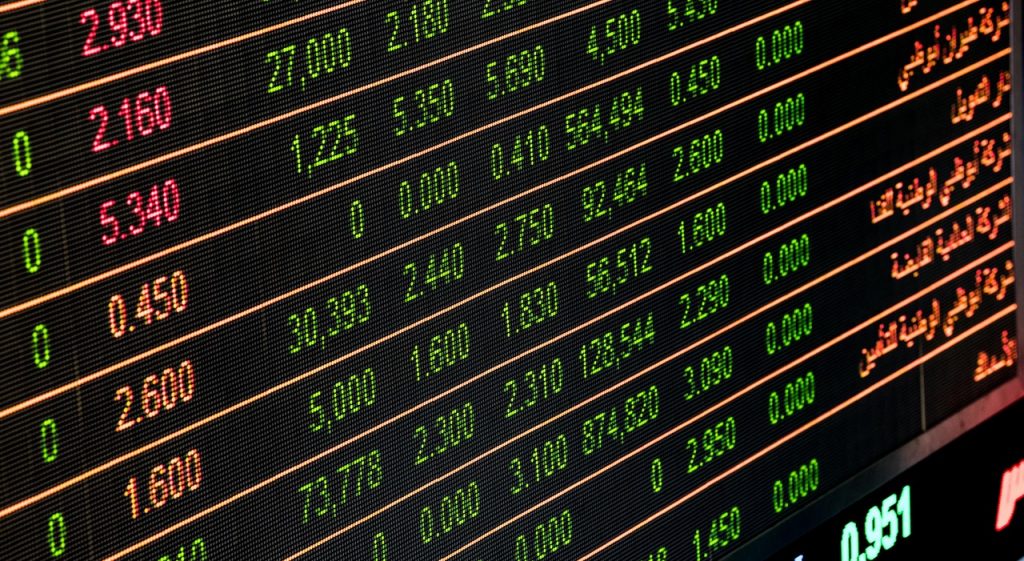
Source: pexels.com
When the opening bell rings, you might be eager to start buying or selling a stock at favorable prices. However, intraday futures data may cause you to reconsider.
Futures are derivative financial contracts that allow traders to lock in the price of the underlying asset or commodity. These commitments are done before opening and serve as a good indicator of what the opening will look like.
Before you start your day trading, check on whether futures are trading high or low. Use this information to make a smart investment decision.
Strategies To Earn Profits in 2024
Looking for a strategy to earn profit? Consider the microcap investment strategy. Microcaps, companies with small market capitalization, are known for their small-firm effect.
The small-firm theory states that smaller companies’ stock outperforms larger companies’ stock. Usually, it’s because smaller firms have more room to grow in comparison to larger firms.
But buyers beware, as microcaps are also more likely to go under. Always research before investing in any company, especially microcaps.
How Do Investors Choose Stocks?

Source: pexels.com
Wondering how other investors make their decisions? A lot of the time, it depends on what kind of investor they are: passive or active.
A passive investor will typically choose an index fund to match their hands-off approach to investing. On the other hand, active investors are on the ground searching for the next gem of an investment.
At the end of the day, you should choose a level of investment that matches your comfort level. If you don’t feel you know enough about the market, you should probably stick to passive investing. But If you’re a market wiz, then you should put your knowledge to the test.
Types of Investment
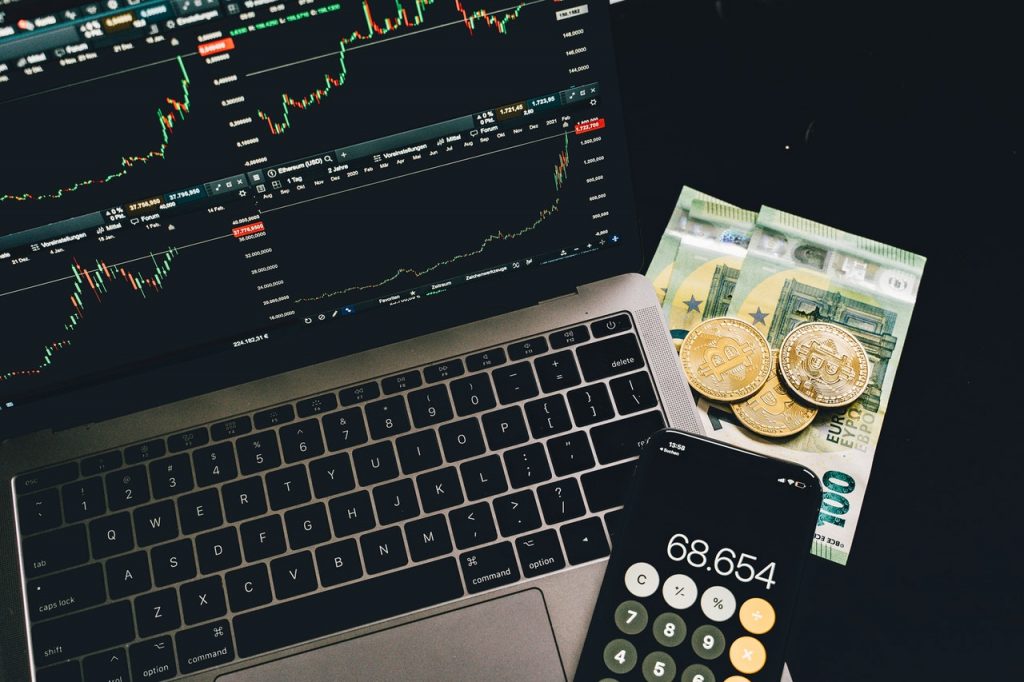
Source: pexels.com
There are six types of investments out there for you to choose from. Some investors stick to just one type while others diversify their investment type portfolio. Each type of investment has its own way of making people money. Find the investment that’ll earn you a profit below.
- Stocks – stock traders make their money when the stock they bought goes up in value, and they’re able to trade it for a profit. You can also make money on stocks that pay dividends, which are regular distributions of a company’s earnings to shareholders.
- Bonds – Since bonds are loans you make to companies or countries, you can earn by collecting interest payments. These payments to you occur about once or twice a year. The only risk involved is that the entity you loan to defaults.
- Mutual funds – If stocks and bonds are too much for you to handle, then mutual funds might be right up your alley. Mutual funds allow you to pool money with other investors to purchase stocks and bonds that are professionally managed. You make money on mutual funds the same ways as the above types, except it’s spread among the investors.
- Index funds – An index fund is just like a mutual fund, except the investment is being made in an index, meaning it does not require management. This can save you money on paying manager fees. You’ll make money on index funds through dividends, but the money will be distributed among investors.
- Exchange-traded funds (ETFs) – Just like index funds, EFTs aim to mirror the performance of benchmark indices, like the S&P 500. The difference is that EFTs trade on an exchange similar to stocks, meaning the price can fluctuate throughout the day. Index fund prices are set at the end of the trading day. Your best way of making money on an EFT is after its value has increased and you sell it for profit.
- Options – If you’ve ever wanted to lock in a price of a stock, options are your best option. They offer investors flexibility because there is no obligation to sell or buy the stock. Buying an option means you own the contract, not the stock. The idea is that you lock in a lower price than what it ends up at so you can sell at a profit.
Become a Better Investor With Dear Retail Investors
Taking in all this information about daily trades factors can be overwhelming. Don’t you wish there were a community of investors who thought just like you? If that sounds like something you would be interested in, become a Dear Retail Investor. You’ll have access to the latest stock market information and insights. Start making smarter moves today with Dear Retail.

